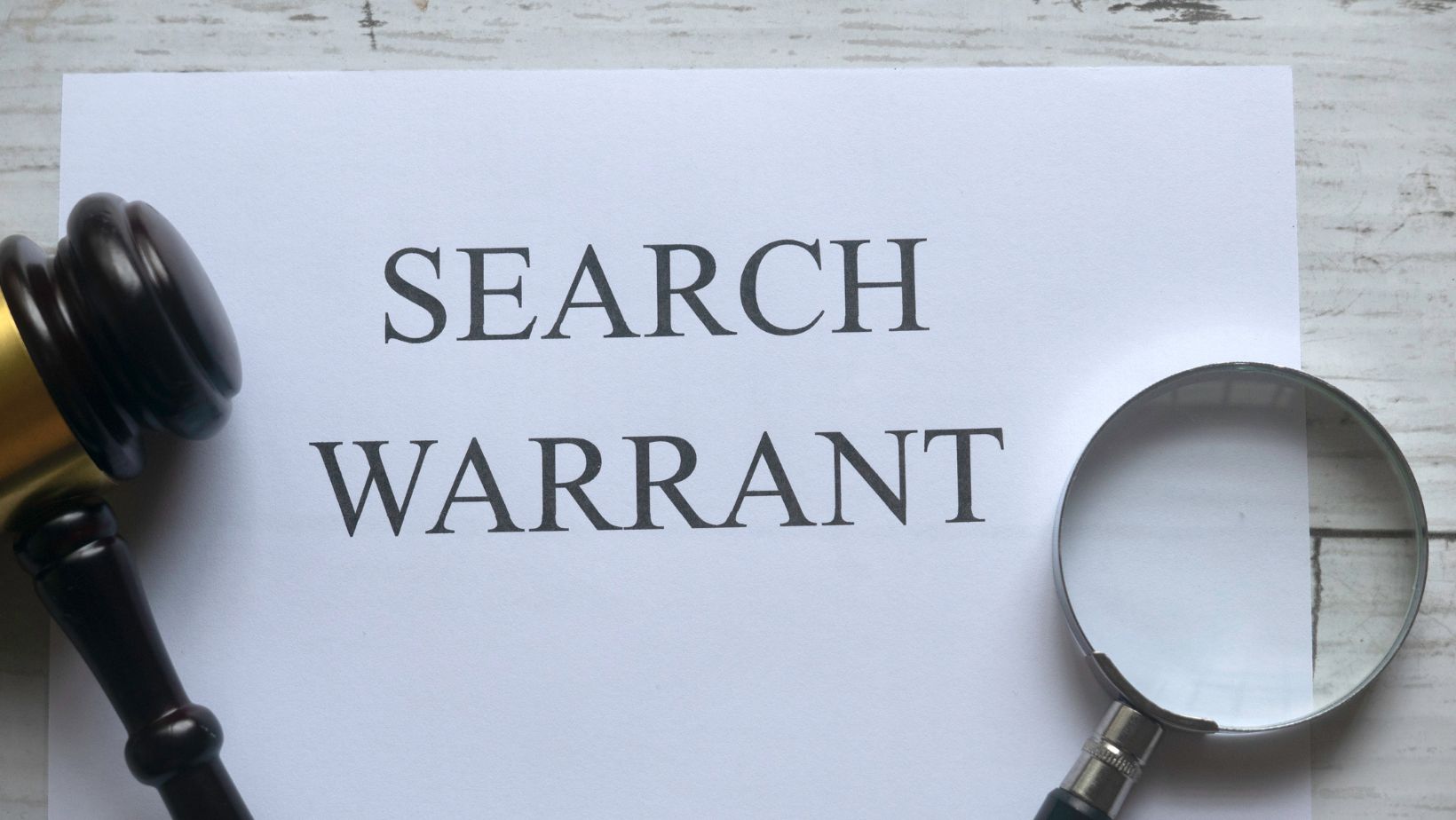Can a Detective Issue a Warrant if you Don’t Talk to Them
Obtaining a warrant is an important part of the legal process, ensuring that law enforcement agencies have the authority to conduct searches or make arrests. But what happens if you choose not to talk to a detective? Can they still issue a warrant against you? Let’s explore the process of obtaining a warrant in such situations.
When it comes to issuing a warrant, detectives rely on various sources of information and evidence. While your cooperation can certainly aid their investigation, it is not always necessary for them to directly speak with you before seeking a warrant. Detectives often gather evidence through other means, such as witness statements, surveillance footage, forensic analysis, or even informants.
In fact, detectives may already have enough evidence to establish probable cause without your input. Probable cause refers to the reasonable belief that a crime has been committed and that you are involved in it. So even if you choose not to speak with them, detectives can present their findings and request a judge or magistrate to issue a warrant based on the available evidence.
Remember that every case is unique and subject to specific legal procedures and requirements. If you find yourself in this situation, it’s crucial to consult with an attorney who can provide guidance tailored to your specific circumstances. Understanding the process of obtaining a warrant can help protect your rights during any interaction with law enforcement officials.

Understanding the Role of a Detective in Obtaining a Warrant
As an expert in criminal justice, I’ll shed some light on the process of obtaining a warrant and the role detectives play in this crucial aspect of law enforcement. When it comes to issuing warrants, can detectives proceed if you choose not to speak with them? Let’s dive into the details.
- Investigation and Gathering Evidence: Detectives are typically assigned to investigate specific cases, ranging from theft and fraud to more serious offenses like homicide or drug trafficking. Their primary responsibility is to gather evidence that establishes probable cause, which is necessary for obtaining a warrant.
- Probable Cause: Before a detective can request a warrant from a judge, they must demonstrate that there is sufficient reason to believe that a crime has been committed and that the person or property being searched is connected to it. This evidence can be obtained through various means such as witness statements, surveillance footage, forensic analysis, or confidential informants.
- Collaboration with Prosecutors: Once detectives have gathered enough evidence to establish probable cause, they work closely with prosecutors who analyze the case before presenting it to a judge for a warrant application. Prosecutors ensure that all legal requirements are met and provide guidance based on their expertise in criminal law.
- Presentation of Evidence: When submitting an application for a search or arrest warrant, detectives need to present their findings and supporting evidence in an affidavit. The affidavit outlines the facts of the case and explains why there is sufficient probable cause to grant the warrant.
- Judicial Analysis: The decision whether or not to issue a warrant ultimately rests with judges who assess the credibility of detectives’ claims presented in the affidavit. Judges carefully analyze the information provided by detectives and evaluate its legality and relevance before making their decision.
- Execution of Warrants: If granted by a judge, detectives are authorized to execute search warrants at specified locations or make arrests as outlined in arrest warrants. It’s important to note that detectives must adhere strictly to the terms and conditions set forth in the warrant, ensuring that they do not exceed their authorized scope.


